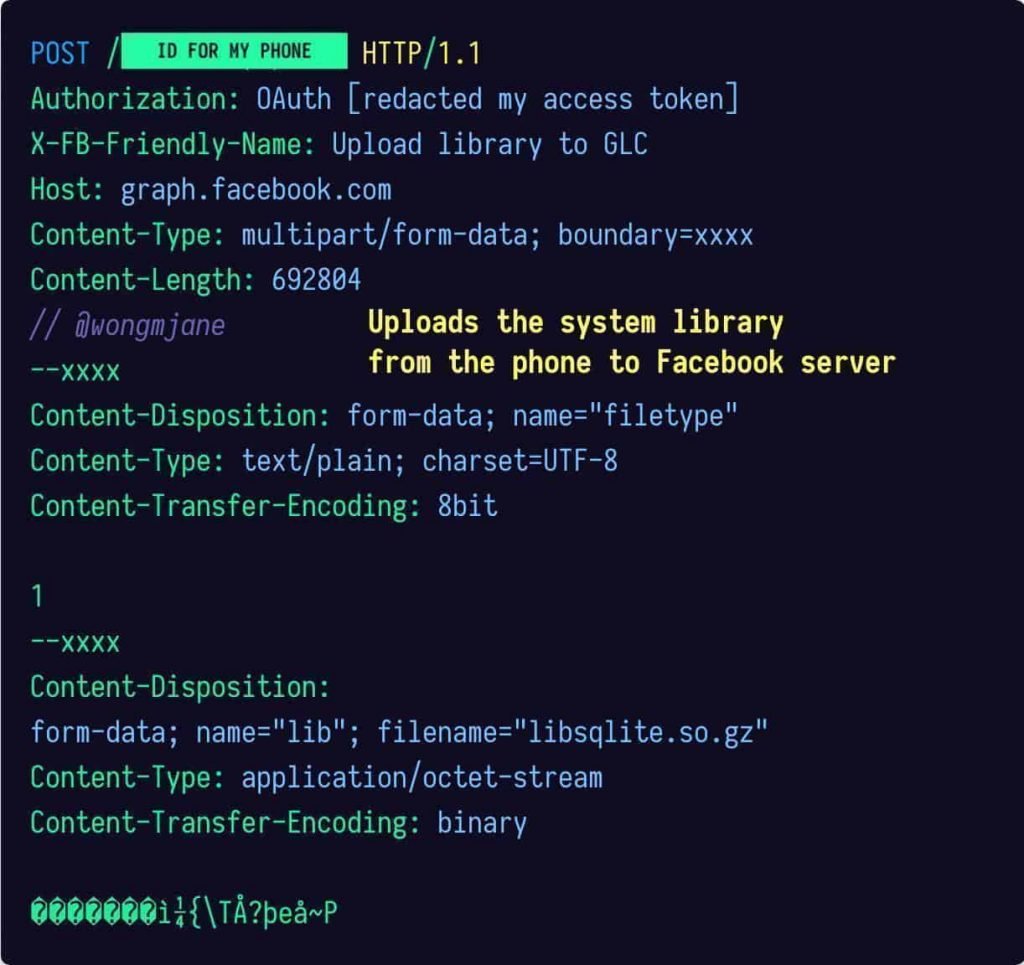The Facebook app for Android uses a feature called the "Global Collector Library" to collect information about the user's libraries and send it to the company's servers.
Of course, this is not new, since many times the company has been "caught" collecting any data from its users. The new thing in this case would be that she was not interested in the data, in a parallel universe ίσ .maybe.
Jane Manchun Wong, an application researcher from Hong Kong, discovered that Facebook's Android application scans the phone, creates lists of system libraries and uploads them to a social network server.

Jane he says:
Το Facebook app για Android σαρώνει τις βιβλιοθήκες του συστήματος από το τηλέφωνο χρήστη του στο παρασκήνιο και τις ανεβάζει στον κεντρικό υπολογιστή τους. Αυτό ονομάζεται Global Collector Library στο Faceboοk, γνωστό και σαν GLC στον code of the application.
It periodically uploads the metadata of your system libraries to the company server. It doesn't seem to exist choice opt-out για το Facebook Collector Global Library, ούτε φαίνεται να είναι δυνατή η projection of what has been uploaded from our devices.
We do not know what the purpose of the GLC is, but I suppose it can be used to determine system compatibility.
The Facebook application compresses each file before sending it to its servers to minimize traffic.
At the moment it is not clear what the purpose of this is collectionς data, what Facebook does with the data and whether this data collection is covered or mentioned in the terms of service.
It may be some security measure, but who trusts Facebook;
______________________
- FaceBook: emails you don't want to read
- FaceBook removes your conversations
- FaceBook Like EU: everyone who uses it is responsible
- FaceBook Libra: Three Questions About FaceBook





